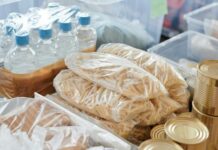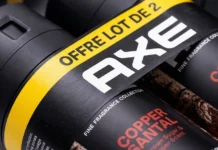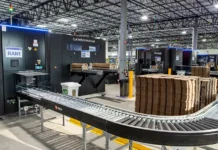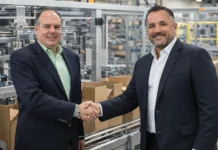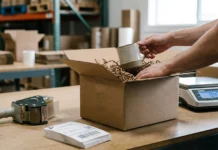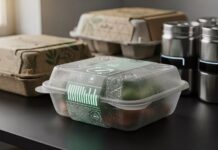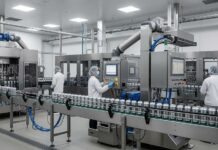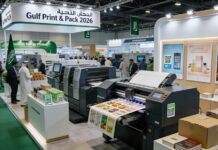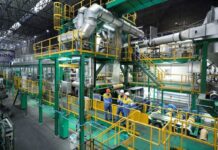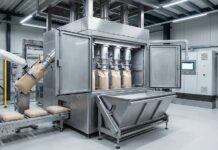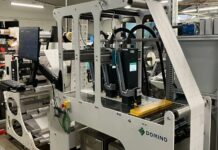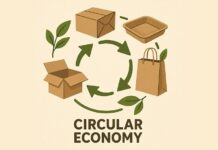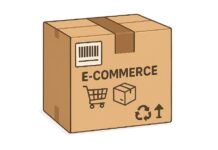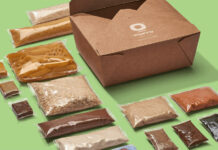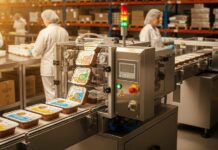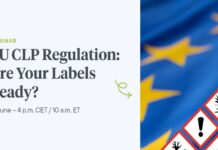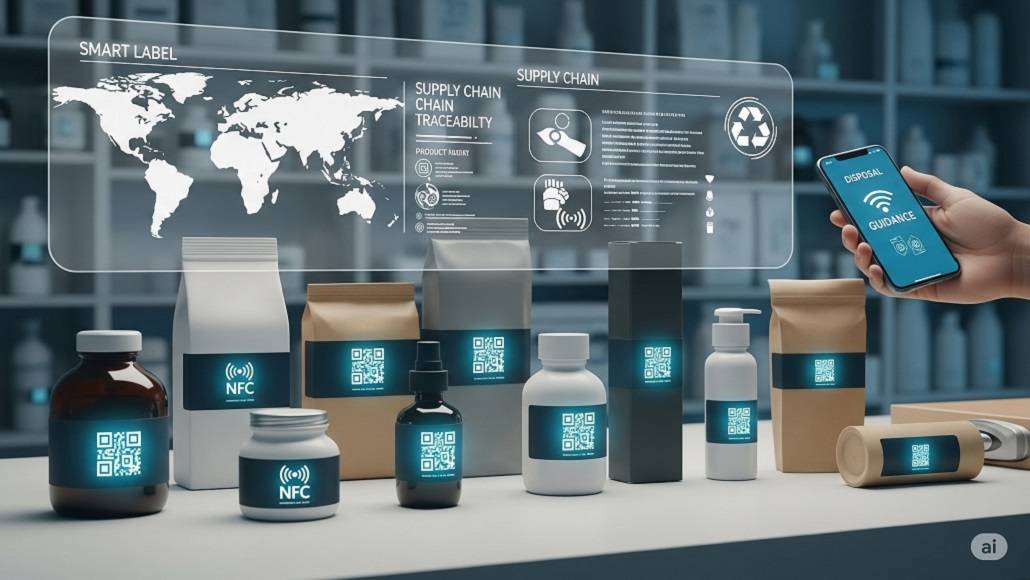As the push for sustainability continues, the packaging industry is at a crossroads between new ideas and being responsible. Smart label packaging is a new technology that could change the game as more and more people and businesses are concerned about how their actions affect the environment. Smart labels are the first step towards packaging that lasts a long time. This is not simply a dream; it is a true actuality that can grow. These labels are not only revolutionising how products are shipped, but they are also establishing the standard for openness, effectiveness, and environmental responsibility by integrating digital brilliance with traditional packaging.
A New Era of Eco-Friendly Packaging
The packaging industry, which is worth more than $1 trillion, is under a lot of pressure to adapt because people are becoming more worried about plastic waste and running out of resources. In Europe, North America, and Asia, governments are making it tougher to recycle, lower carbon footprints, and use less stuff. Smart label packaging is a step between making ideas for sustainability and really putting them into action in certain circumstances.
Smart labels, together with RFID (Radio Frequency Identification), QR codes, NFC (Near Field Communication), and even sensor-based technology, put the information right on the container. You can follow things in real time, talk to customers better, and view everything in the product’s value chain like never before. Companies that can accomplish it are not just following the regulations, but they are also getting ahead. This illustrates that smart labels could help make packaging more environmentally friendly in the future by making it smarter, slimmer, and greener.
Supply chain that is clear and easy to follow
One of the biggest challenges with sustainable packaging is that the supply chain isn’t clear. Most labels don’t have a lot of information on them, and sometimes they don’t have enough to help with sophisticated tracking and make sure the products are obtained ethically. On the other hand, smart labels can hold and communicate a lot of information, such as where they were made, their batch numbers, how they affect the environment, and how to get rid of them. This means we need to find and evaluate the most crucial technology for packaging that is good for the environment.
Smart label packaging helps businesses check certifications (such as FSC or Fair Trade), keep an eye on the temperature of food that goes bad, and even find out if someone has messed with them. For instance, high-end companies use smart labels to check products, which makes it tougher for others to produce counterfeit products. This is a big waste of time and money. Smart labels can tell you when food and drinks are going bad, which cuts down on waste and makes food safer.
Getting people interested and making things endure longer
Sustainable packaging isn’t only using different materials; it’s also constructing closed-loop systems where resources keep travelling around and around. Smart labels are like digital passports for things that can be recycled, reused, or composted. This will make packaging better for the environment in the future. People can get smart disposal recommendations based on where they live by scanning embedded QR codes or NFC chips. This helps lower the rates of contamination and enhance the rates of recycling.

One issue is that people don’t know how to get rid of plastic waste. Smart labels can help with this by sending customers to recycle centres or giving them prizes for returning items. All of this can be done quickly and easily with a smartphone scan. Companies like Unilever and Nestlé have been testing this technology in trial programs to get people to buy things that are good for the environment. This highlights how crucial smart label packaging is for the economy as a whole.
Making Choices About Sustainability Based on Data
Smart labels don’t just tell customers what they need to know; they also give businesses information that they can employ. Every scan, temperature reading, or supply chain warning is kept in a master data repository. The precise data shows where there is waste, inefficiency, or risk, which allows for ongoing improvement and compliance with reporting. The World Economic Forum thinks that digital traceability and data analytics are the most critical things we need to do to meet the Sustainable Development Goals (SDGs). SDG 12 is about responsible consumption and production.
Second, smart labels give merchants real-time information that helps them make the most of their logistics and inventory without manufacturing too much of anything, which is a big cause of resource waste. For instance, pharmaceutical companies use smart labelling to keep track of how potent a drug is and when it will no longer be effective. This manner, the medicine can be used safely and effectively until it goes bad.
Issues and the Way Forward
Smart labels can help make packaging that lasts, but the process isn’t always easy. For small firms, the initial cost of smart labelling technology and linking it to systems that are already in place can be prohibitively high. There are some issues that need to be talked about when it comes to embedded electronics, such as data privacy, standards, and e-waste. But the advent of open data standards and the creation of cheap, biodegradable sensors are quickly lowering these.
There also needs to be a cooperation between business and government that looks ahead. Smart labels need to cooperate with other industries and markets if they want to be truly sustainable.
Conclusion: The Hope for a Smarter, Greener Future
It is becoming evident as we move into the 21st century that changing the design of packaging is not enough to make the earth more sustainable. Real change can only happen when technology and eco-design work together. Smart labels will make packaging more eco-friendly in the future by turning each product into a part of a network of information about responsibility and cyclical value, not just a box.
There are a lot of big and small benefits, such as being able to better watch the supply chain and having smarter consumers, as well as having data about sustainability and strong protections against counterfeiting. Smart labels not only promise to make packaging less detrimental to the environment, but they also promise to make the world a better place to live, work, and play. Smart labels are not a choice for businesses, customers, or regulators, who all want to be better for the environment. They are necessary for a future in which packaging does more, wastes less, and keeps our environment safe for many years to come.



